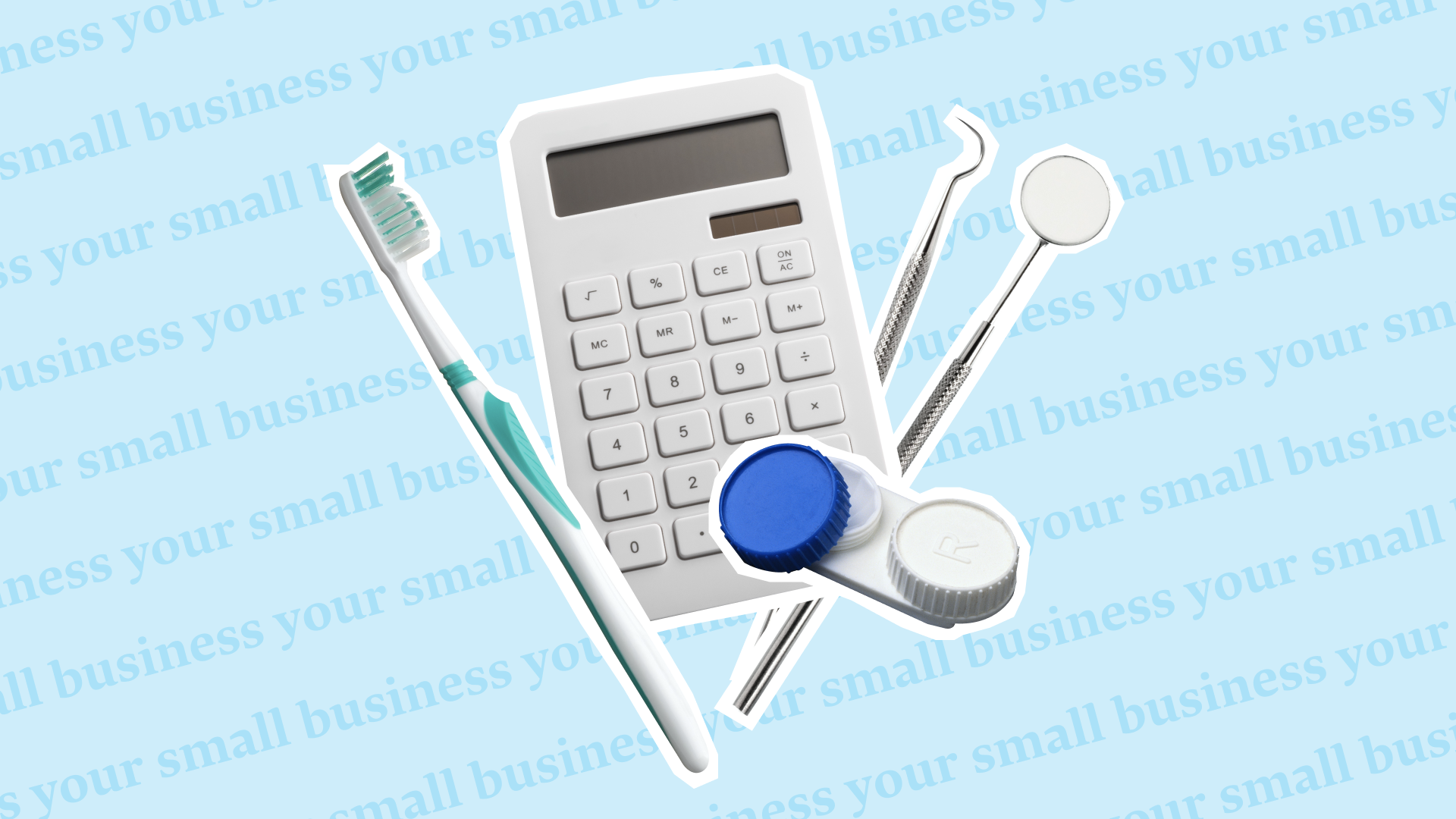What is outsourced HR? Outsourcing human resources involves bringing on an outside company to facilitate certain HR functions, such as payroll and related tax filings, benefits, and other administrative tasks.
Why should you outsource HR? There are several benefits. While it might initially seem counterintuitive to let a third-party vendor handle a business area as interpersonal as HR, outsourcing human resources doesn’t take away from the human aspect.
In fact, outsourced HR companies specifically target tasks that are administrative and difficult to manage — things like running accurate payroll or administering benefits — so you can stay focused on your people and running your business.
Why Consider Outsourcing Your HR?
Have you considered outsourcing HR? If your business is new, perhaps not.
When you first start your business, your priority is to hire people who are integral to building the product and growing the company. From engineers and marketers to sales people, consultants, and so on, every new company needs to fill the roles that move the bottom line and grow the business.
At some point though, a business grows big enough that it needs people to take care of the back office operations of the company. You need someone responsible for coordinating interviews, sending offer letters, managing benefits administration, and much more.
The problem with that job is that it’s incredibly multifaceted, and it can be hard to find all those skills in one person. You might find yourself beefing up your back office with multiple people just to get everything done.
Outsourcing HR: Costs and Benefits
The question today is, do you need an internal HR staff? When is staffing up an HR department important, and when should you consider HR outsourcing?
The reality is, a well-functioning HR department (often in consultation with counsel) can help ensure that you are compliant, have payroll figured out, and onboard everyone appropriately, while also ensuring that employees feel taken care of, and that your company maintains a healthy workplace culture.
Which HR Tasks Can be Outsourced?
HR covers a lot of ground, so it’s not always apparent which functions can be outsourced effectively. A good first step is defining what role you want HR to play in your company.In general, HR provides the most value on strategic initiatives that have to do with building strong work teams, like recruiting, hiring, and developing company culture. While they are often responsible for other key tasks like payroll and administering benefits, these are functions that can be automated — and easily left to an outsourced HR and payroll provider.Here are just a few common functions that HR outsourcing can be good for:
Payroll and Related Tax Services
One of the biggest challenges for HR is the process of running accurate, on-time payroll. Not only is this a time-intensive task, it can also spell trouble if you’re not complying with federal and state payroll tax regulations.Some outsourced HR companies provide online solutions that help you with the ins and outs of payroll, like automating direct deposits, paying hourly employees, managing paid time off, and record-keeping.
Benefits Administration
It can be a full-time job ensuring your employees know about their benefits options and understand them. Outsourcing HR companies help administer health coverage and other fringe benefits, like 401(k), commuter benefits, and more. Not only that, outsourcing HR companies can provide businesses with access to high-quality benefits that often only enterprise-level companies can afford.
Employment Law Compliance
While payroll tax compliance is probably top-of-mind for most businesses, there are numerous other federal, state, and local employment-related regulations that employers need to comply with, such as workers’ comp, sexual harassment prevention training requirements, hiring process compliance, and other workplace regulations.
Employee Assistance Program (EAP) and Counseling
Another facet of HR that outsourcing companies can assist with is your team’s mental health. By offering access to Employee Assistance Programs (EAPs) and counseling, outsourced HR companies can get your team the support they need to be happy and healthy.
What Kinds of Businesses Should Outsource HR?
It’s so easy to take an all-or-nothing approach to the outsourcing of HR. But since each business is unique, one way to simplify the conversation around outsourcing HR or keeping it in-house is to consider the growth stage of your business.
Small Businesses: 0-10 Employees
If you’re running a new business — whether pre-investment or recently funded — it can be easy to believe you can do it yourself. There are only a few of you, so what’s the worst that can happen?Between managing benefits, payroll, time off, onboarding, and everything else that’s going on, when will you have time to talk to investors, build the product, or make significant business developments?
Your focus should be on growing and managing your team, not whether they are getting their paycheck on time.
At this stage, it often makes sense to outsource many HR functions. There are many companies and software platforms available to help you manage the majority of the tasks mentioned above. Your focus should be on growing and managing your team, not whether they are getting their paycheck on time.Companies at this stage often consider a professional employer organization (PEO), like Justworks. Justworks automates many aspects of payroll and employment-related compliance, and makes it more affordable for small companies to offer their employees access to benefits. Justworks also offers a variety of HR tools and services, including certified HR consultants who can answer many questions that come up around managing your team.
Growing Businesses: 10-50 Employees
Your business is humming along and growing every day. At this stage, staying compliant becomes more of a concern, with more people needing to be paid, and lots of hiring to do.
Staying compliant becomes more of a concern, with more people needing to be paid, and lots of hiring to do.
Companies of this size are big enough that they likely have an office or HR manager, and might be considering whether to add more people to that team. Although hiring a second employee might sound tempting, at this stage it's still worth considering an outsourcing option that empowers your HR employee.If your HR manager uses a PEO’s software that helps manage payroll, benefits, and compliance, then they can focus their energy more on recruiting and culture. Your employee’s valuable time can be spent on important things that can’t be automated.Companies of this size are big enough that they likely have an office or HR manager, and might be considering whether to add more people to that team. Although hiring a second employee might sound tempting, at this stage it's still worth considering an outsourcing option that empowers your HR employee.If your HR manager uses a PEO’s software that helps manage payroll, benefits, and compliance, then they can focus their energy more on recruiting and culture. Your employee’s valuable time can be spent on important things that can’t be automated.
Mid-Sized and Large Businesses: 50-500 Employees Company
Businesses in this size range have raised a much larger funding round and might plan to scale much faster, maybe growing from 50 employees all the way up to 100-200 employees. Recruiting is likely a top priority as you scale, and you might be running into new headaches when it comes to expansion and compliance — particularly if you begin to hire remote workers in other states.
While you might feel an itch to bring everything in-house, payroll experts are costly and often unnecessary.
At this point, you probably need an in-house HR team. For starters, you’ll want to have someone on staff who’s able to handle strategic HR projects that are meant to make the company better. These include initiatives to keep employees healthy, training programs to ensure that they are acquiring new skills, and creation of that much-needed employee handbook (an important piece of material for smaller companies, too). These are requirements that are better filled in-house, since they are so specific to your company.But there's still a role to be played by HR outsourcing. While you might feel an itch to bring everything in-house, payroll experts are costly and often unnecessary. Outsourcing payroll, or getting software to do it, might save you money and time that will allow your busy HR department to focus on hiring and strategic projects. Again, a PEO might be a great fit.
Companies with 500+ Employees
These types of companies are not too dissimilar to medium-stage companies. The difference here is that many larger companies bring many HR functions back in-house because they consider it a competitive advantage. But even for large companies, many of the administrative HR tasks can remain outsourced. Why bog down your in-house team?Keep your HR department focused on finding quality talent, tackling strategic projects, and being the liaison to the rest of your team. Allow outsourced HR and payroll providers to handle the nitty gritty.
A Simple Rule to Follow for HR
HR is a hugely important — though often overlooked — department. One way to determine if you need HR in-house or not is to ask yourself if the below scenarios exist at your company.
Does the work being done require face-to-face conversation?
Do you have your HR team organize social activities and team building to boost employee morale?
Are you planning to hire a lot of people every year?
If you answered yes, then the suggestion is very simple: If I need someone to interact with the employees, I need an in-house HR team member.That said, you don't need to overload your in-house team with administrative HR tasks. Arm them with a platform like Justworks, that can help them do their jobs more efficiently and focus their efforts on the projects that provide greater value to your company.
Learn more with Justworks’ Resources
Scale your business and build your team — no matter which way it grows. Access the tools, perks, and resources to help you stay compliant and grow in all 50 states.








